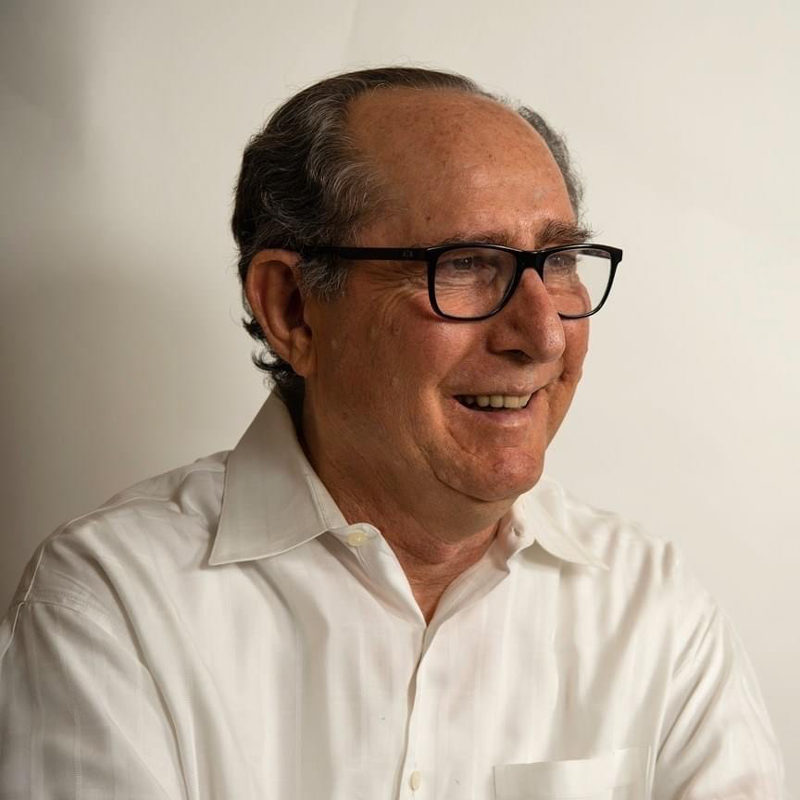
Everyone goes to the pharmacy at one time or another. But how much do we know about what goes on behind the scenes there? Pharmacy manager Dr. Sheena Abedini, who works in a supermarket pharmacy in Fresno, recently explained something of the life of the pharmacist, and how we can better work with them.
“I think pharmacists have been very silent,” she said, “for a long time.”
Dr. Abedini went to a college of pharmacy, a program that took four and a half years. She has worked in retail pharmacies for a decade, first in Florida and then here. She also earned master certification in business foundation from the University of West Florida.
What brought her to Fresno? “Destiny,” she said with a laugh. “Some people say it’s nowhere, but it’s in the middle of everywhere!”
“Like the comedian Rodney Dangerfield,” she said, “pharmacists don’t get no respect!”
If people have a cough or a cold, they might go to the doctor and wait a couple of hours to be seen, and then pay hundreds of dollars, sometimes uninsured, usually without a complaint.
If they are at a pharmacy and need to wait an extra 15 minutes for a prescription to be processed, or find that a co-pay is more than expected, they often demand to know, in order to make a complaint, “What is your name, and who is your manager!” “This is very disrespectful and condescending,” Dr. Abedini said, “I hope someday it will change.”
“People’s perception is that we just put some pills in a bottle, and that’s it,” she said. Sometimes a doctor’s office’s message is unclear, and they need to be contacted. Sometimes a prescription requires a prior authorization from the doctor because it normally isn’t covered by the patient’s insurance.
“So many regulations and policies must be followed before a medication goes to a patient’s hands.”
If you think about it, pharmacists have complicated jobs. Most enter the profession, like other health professionals, to help people. Their limits could be better respected.
Dr. Abedini listed several steps involved in filling a prescription. There is dropoff, data entry, third-party exception (checking to see that a refill is needed; toxic combinations are rejected), data verification (dangerous combinations are recognized), fill, product verification, getting ready for will call and pickup. Then there is the handling of medications, such as ordering, inventory, expired medications and storage.
Pharmacists, said Dr. Abedini, “do their best to inform patients of any possibilities that might help them. Sometimes pharmacists suggest an equal or similar medication that costs less, but then the pharmacist has to get approval from a doctor’s office.”
Pharmacists don’t get commissions on sales. “This is something customers should keep in mind,” Dr. Abedini said. “Sometimes they get upset with the pharmacy staff, however, pricing is not under the pharmacist’s control.”
What is the question Dr. Abedini gets the most in the pharmacy? “Where is the bathroom!” she said.
While she just appears to be looking at a computer, she might be filling a prescription that directly affects someone’s life, a life that might be at risk, and she needs to give it her full attention. “Distraction causes errors,” she said.
Sometimes a pharmacist must play cop. “There are so many cases of prescription pads stolen from doctor’s offices. After many years of practice, pharmacists have a feeling that says, ‘This prescription is a fraud.’”
Dr. Abedini wishes doctors would secure their pads or transmit all prescriptions by computer. Then, instead of spending time on fraudulent prescriptions, the pharmacist could spend more time consulting with patients.
With the opioid crisis, there’s been some changes. Now a patient will be given only enough painkiller for up to seven days, and that is all insurance will cover. Nonetheless, doctors still prescribe more than that, and then a patient might say, “But my doctor wrote it!” It still can’t be filled. Another reason for the patient to get mad!
“I’m sure that this is one of the most stressful jobs,” Dr. Abedini said. “If you have a pharmacist in your family, they probably vent a lot. Some companies, like the larger chains, count the amount of time in seconds that a pharmacist or pharmacy staff uses to fill or prepare a prescription.
“What isn’t [supported] is consulting. Those pharmacists who do consult are always being questioned why they didn’t do other tasks. This is not right; it is not helpful for patients.” It leads to impersonal treatment.
“I do my best to treat my patients as I treat my family,” she concluded.

